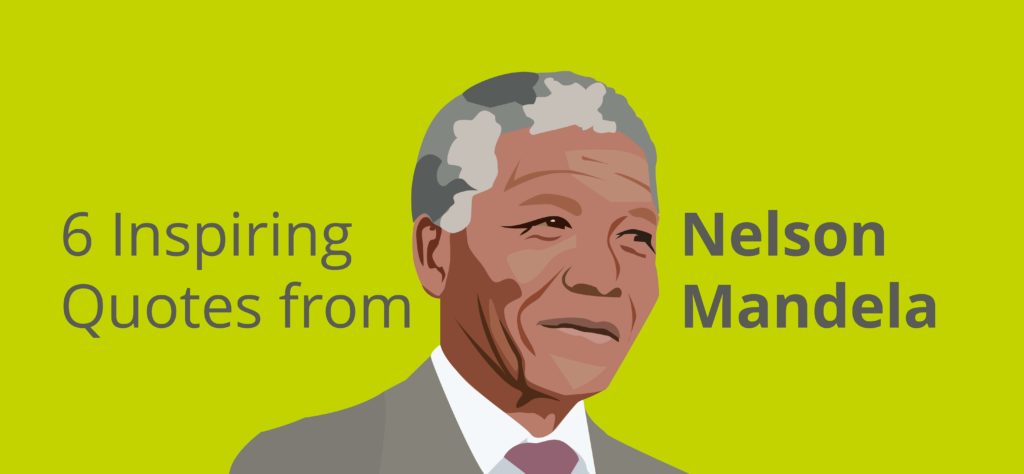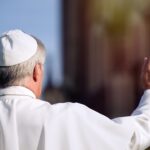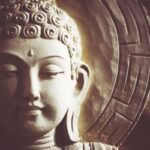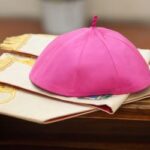6 Inspiring Quotes from Nelson Mandela
Nelson Mandela was South Africa’s first black president, an anti-Apartheid icon, a Nobel Peace Prize winner, and though he wasn’t extremely public about his Christianity, a man of great faith.

Mandela, fiercely devoted to unity in his country and among his people, avoided divisive speech, at least later in his life. In general, that included religious discourse. However, his Christian beliefs were evident in the way he lived his life and in many of his statements on forgiveness, love, equality and optimism.
Here are six statements from Nelson Mandela that affirm the power of faith to overcome fear, prejudice and hate. (For more great quotes from Nelson Mandela and background on some of those listed below, visit https://www.nelsonmandela.org/content/page/selected-quotes)
1. “Difficulties break some men but make others. No axe is sharp enough to cut the soul of a sinner who keeps on trying, one armed with the hope that he will rise even in the end.” (From a letter to Winnie Mandela, written from the prison on Robben Island, 1 Feb. 1975)
The imagery of a triumphant “sinner who keeps on trying” with “hope that he will rise even in the end” is a decidedly Christian ideal with application to all people — especially those facing adversity.
2. “A fundamental concern for others in our individual and community lives would go a long way in making the world the better place we so passionately dreamt of.” (Spoken in Kliptown, Soweto, South Africa, 12 July 2008)
Mandela’s acute observation of the power of selflessness is reminiscent of the biblical ideal to “love thy neighbour as thyself” (Matthew 22:39).
3. “No one is born hating another person because of the colour of his skin, his background, or his religion. People must learn to hate, and if they can learn to hate, they can be taught to love, for love comes more naturally to the human heart than its opposite.”
Mandela’s message of equality, love and tolerance reflects the faithful belief that God is no respecter of persons.
4. “You have to have been in an apartheid prison in South Africa to appreciate the further importance of the church. They tried to isolate us completely from the outside. Our relatives could see us only once every six months. The link was religious organisations, Christians, Muslims, Hindus and members of the Jewish faith. They were the faithful who inspired us. The WCC’s support exemplified in the most concrete way the contribution that religion made to our liberation.” (Address to the 8th Assembly of the World Council of Churches, Harare, Zimbabwe, 1998)
In this statement, Mandela recognized the positive influence of faithful people from all over the world and their effect on him personally.
5. “The Good News borne by our risen Messiah who chose not one race, who chose not one country, who chose not one language, who chose not one tribe, who chose all of humankind!” (Address to the Zionist Christian Church’s Easter Conferences, 1994.)
Like many Africans, Mandela had faith in Jesus Christ that sustained him through difficult times. He also looked to Christ as an example of unconditional love and as a proponent of equality.
6. “The Church was as concerned with this world as the next: I saw that virtually all of the achievements of Africans seemed to have come about through the missionary work of the Church.” (From his autobiography, “The Long Walk to Freedom,” on his experiences with Christianity early in life)
People of faith, regardless of specific religious beliefs and practices, are generally concerned with the welfare of their fellow beings all over the world. Mandela recognized the good in these faithful people and praised them for their efforts.
Breanna is the author of one book, the mother of two daughters, and a frequent contributor to several faith-based magazines and blogs. She blogs about her faith, her family, and her favorite things at www.breannaolaveson.com.![]()



